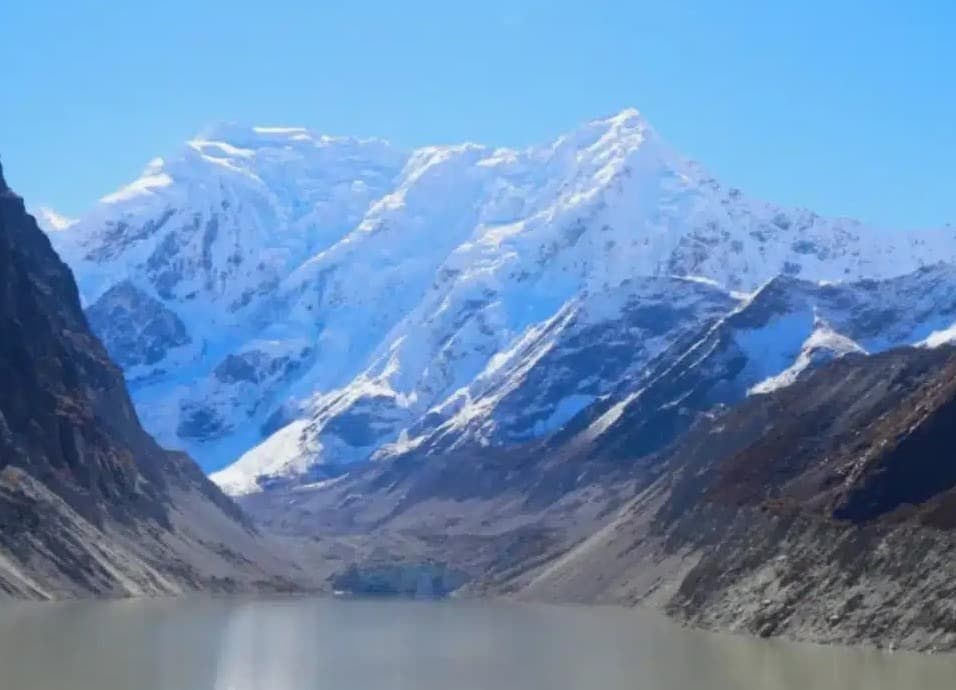Introduction
In a landmark move, the Government of Nepal has decided to ban several popular social media platforms, including Facebook, Instagram, YouTube, and X (formerly Twitter), after they failed to register with the Ministry of Communication and Information Technology. Officials say the decision follows a Supreme Court order to enforce the Social Media Directives 2080, but the move has triggered intense debate about its impact on communication, livelihoods, and freedom of expression.
Why Were the Platforms Banned?
The government had instructed all social media companies to register locally within seven days if they wished to continue operations in Nepal. Despite multiple notices and extensions since November 2023, most global platforms—including Meta (which owns Facebook, Instagram, Messenger, and WhatsApp)—did not comply.
Minister for Information and Communication, Prithvi Subba Gurung, confirmed that the deadline expired on August 28, 2025, after which the government enforced the ban.
Which Platforms Are Still Accessible?
While the ban affects several international giants, a few platforms remain operational in Nepal:
- TikTok
- Viber
- Witk
- Nimbuzz
- Popo Live
In addition, Telegram and Global Diary are currently under review for registration.
However, thousands of smaller apps could also face restrictions if they fail to register soon.
Popular Apps That Will Stop Working
The following platforms are already restricted or expected to go offline:
-
Facebook
-
Messenger
-
Instagram
-
X (Twitter)
-
LinkedIn
-
Reddit
-
Threads
-
YouTube
-
Snapchat
-
Pinterest
-
Signal
-
Clubhouse
-
Rumble
There is still some uncertainty around WhatsApp and Gmail, with officials debating whether they fall under the definition of “social media.”
The Impact on Creators and Businesses
The timing of the ban is particularly significant: Facebook had just introduced a monetisation programme in Nepal, allowing local creators to earn through reels, posts, and videos. This opportunity has now come to a halt, cutting off a new stream of digital income.
For businesses—including tourism companies like Heaven Himalaya—the restrictions make it harder to connect with international travelers who rely heavily on platforms like Facebook and Instagram to research trips, read reviews, and communicate with trekking agencies.
This disruption could affect not just individual creators, but also the broader digital economy and tourism sector, which increasingly depends on online visibility.
Economic and Technical Fallout
Past experiences suggest that bans often push users toward VPNs and alternative DNS services. This increases international bandwidth costs and reduces revenue for local internet providers.
For example, when TikTok was banned temporarily, telecom provider Ncell reportedly lost nearly Rs 600 million in monthly revenues. A similar outcome is now feared on a larger scale.
Concerns Over Freedom of Expression
Rights groups and digital activists have raised alarms that the ban could erode freedom of expression and create a more restricted online environment. For many Nepalis—especially youths, students, and small business owners—social media is not just a space for entertainment, but also for education, activism, and livelihood.
What’s Next?
The government has hinted at further legislation to tighten control over social media operations in Nepal. Unless the banned platforms choose to comply with the registration rules, it is unlikely that access will be restored soon.
In the meantime, creators, entrepreneurs, and tourism companies will need to adapt to alternative communication channels—relying more on websites, emails, messaging apps like Viber and Telegram, and perhaps even building direct digital communities to stay connected with audiences worldwide.
Conclusion
Nepal’s social media ban marks a turning point in the nation’s digital governance. While the government views it as a step toward accountability, many fear its broader consequences for freedom, livelihoods, and international engagement.
For industries like tourism, which thrive on global connectivity, the ban underscores the importance of adapting quickly to new digital realities. At Heaven Himalaya, we remain committed to ensuring that travelers and trekking enthusiasts can always reach us—through our website, email, and registered communication platforms—so that the Himalayan adventure remains just a message away.










